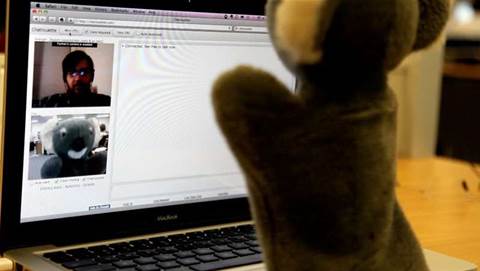
In the case of Barrett versus Rosenthal the court found that only the originator of the content could be sued, but that third parties who repost the material should be immune from prosecution.
The ruling has profound implications for the future of Internet content.
"We acknowledge that recognising broad immunity for defamatory republications on the internet has some troubling consequences," said the court.
"Until Congress chooses to revise the settled law in this area, however, plaintiffs who contend they were defamed in an Internet posting may only seek recovery from the original source of the statement."
The case stemmed from two doctors who ran websites debunking some alternative medicines and seeking to identify medical fraud.
Ilena Rosenthal, an alternative health practitioner, posted a letter from a third party on her website which accused the two doctors of being Nazis and " hired guns for vested interests", and suggested that both had engaged in criminal activities.
The two doctors sued and the courts initially found in their favour. During her appeal Rosenthal received extensive support from Google, EBay, Amazon and free speech groups, and today's ruling was hailed as a victory for free speech.
"By reaffirming that Congress intended to grant protection to those who provide a forum for the views of others, the Court has ensured that the Internet will remain a vibrant forum for debate and the free exchange of ideas," said Ann Brick, staff attorney at the American Civil Liberties Union of Northern California.
"Any other ruling would have inevitably made speech on the Internet less free."
The ruling does not protect the original poster of the comments, but found that Internet sites should receive the same protections as "common carriers" like telephone companies rather than being seen as publishers responsible for content.
"The Supreme Court's opinion strengthens protection for speech on the internet," said Mark Goldowitz, director of the California Anti-SLAPP Project and counsel for Rosenthal.
"Justice Corrigan's opinion protects against the 'heckler's veto' chilling speech on the Internet."




_(33).jpg&h=140&w=231&c=1&s=0)





 iTnews Executive Retreat - Security Leaders Edition
iTnews Executive Retreat - Security Leaders Edition
 iTnews Benchmark Awards 2026
iTnews Benchmark Awards 2026
 iTnews Cloud Covered Breakfast Summit
iTnews Cloud Covered Breakfast Summit
 The 2026 iAwards
The 2026 iAwards











_(1).jpg&h=140&w=231&c=1&s=0)



